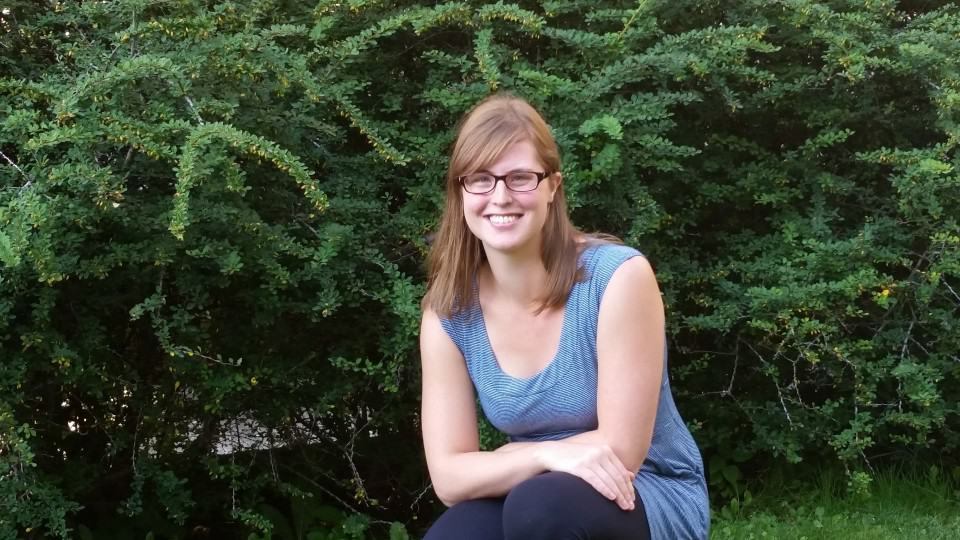Last month, PhD student Alyson Baergen’s research with U of T professor, James Donaldson, attracted generous media attention.
After Donaldson submitted an abstract for a science meeting in Boston, the publicity team for the conference became interested. A press release was written and a press conference was held on August 18. Baergen admits that she was shocked to see how popular her research had become. “I didn’t have internet overnight… I was definitely shocked at the number of new stories which came up when I googled ‘urban grime’, says Baergen.
The objective of the research is to allow the public to understand the atmospheric processes in the urban environment. Baergen notes that with better understanding, policy makers can make more informed decisions about air quality.
Responses to her work have allowed Baergen the opportunity to communicate with many individuals and to engage in “meaningful conversations” about environmental research as well as the ways in which the ideas are being broadcast. The research has become part of a larger discourse that involves the public and other researchers. She hopes that the public can appreciate the necessity of continuing research, as there are still questions to be answered.
She is hopeful that the upcoming publication of her work in a journal will improve her successes with job searches. “The various articles have helped me remember some of the larger picture goals behind the work, which has helped reinvigorate me for the ongoing work,” she says. The inspiration to continue to explore has been obtained from other articles that now participate in the discourse about and with her research. In a sense, Baergen’s research has inspired other ideas, which in turn inspires her to respond to her own work by continuing with her research and exploration of ideas.
Although the media attention has publicized her work, Baergen hesitates with her position in relation to the media. “Mostly, I have just been an observer as different media organizations pick up on the research and portray it in their own way,” she admits. She brings up a good point here. There is a discrepancy between having her voice heard, as a graduate student with a lot of media attention, and then having her voice subsumed within the media. The media’s manipulation and representation of her work overwhelms her voice, although it was she who has sparked these conversations and representations in the first place.
The promotion of her research in this manner shifts the focus away from any “subtleties and the many unknowns that still exist,” she says. With her research being broadcast through media, public attention is drawn to the crux of the research and pressing questions are disregarded in the excitement and buzz of media attention. The ability of her research to inspire other ideas, however, clearly indicates that her research is impacting the public and how they think and respond to the urban environment.
Baergen bemoans that there are still many other graduate students whose work is yet to be known to and shared with the world. “I have found a general lack of understanding of what graduate students do and how important they are for the functioning of a healthy university,” she says. This is an important thing to consider – that the media attention has decreased the disparity between the public and the academic ideas of graduate students. This media attention has allowed Baergen to communicate her ideas and share them with the public in a way that is easily accessible. Baergen appreciates that as research becomes more specialized and technical, it also becomes “more challenging to translate into language that is understandable by those outside of the field.” The inscrutability of the work, due to communication barriers, would make it difficult to share and disseminate this knowledge with the public.
But Baergen is anything but finished with her research. She credits the overwhelming nature of this experience with the pressure to complete experiments on the “remaining studies that are talked about in the articles.” Baergen wants to continue her research because there are always questions.


